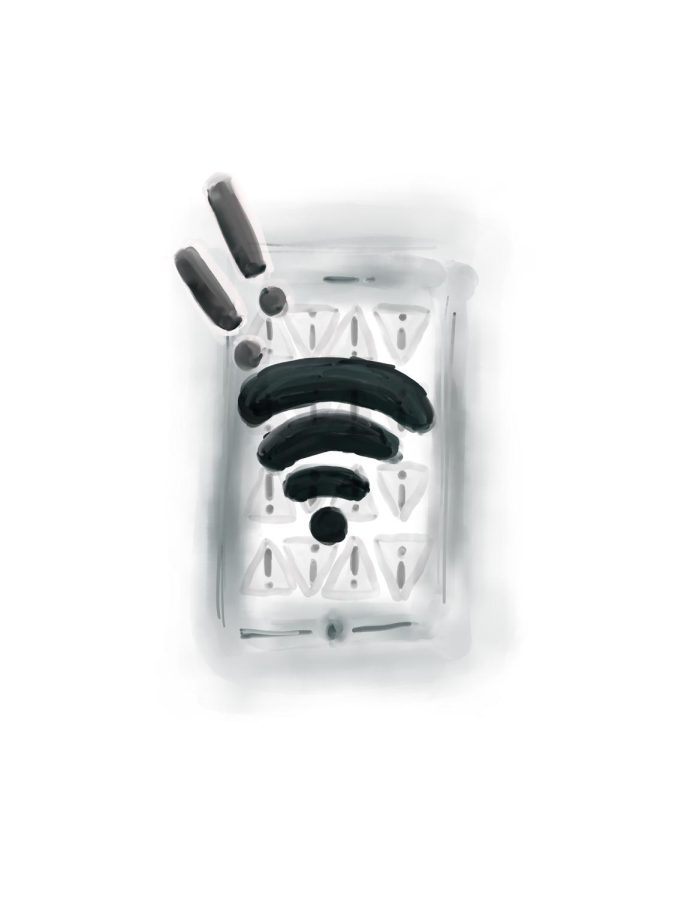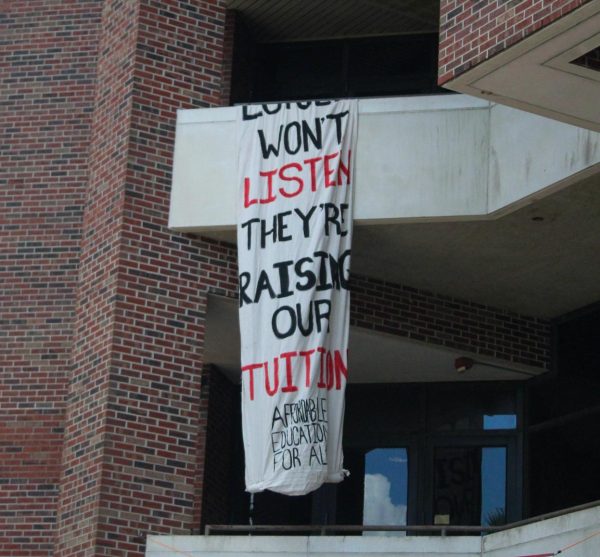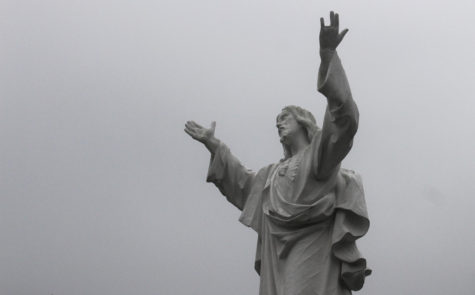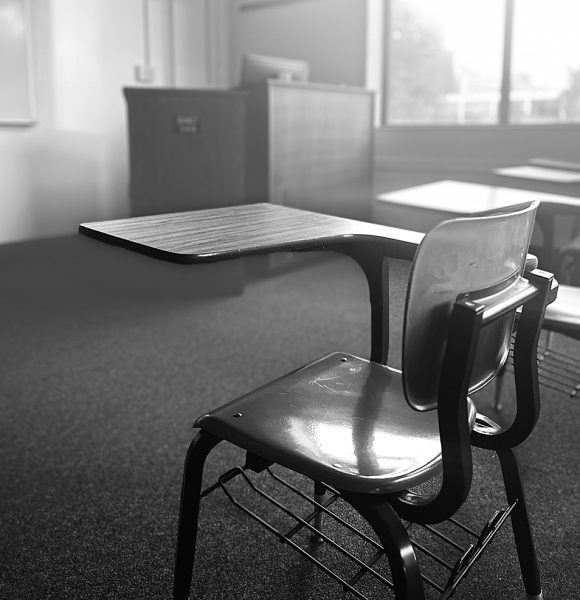Students and faculty frustrated by frequent Wi-Fi outages on campus
Wi-Fi at Loyola is spotty after this fall’s record-breaking first-year class brought hundreds of additional phones and laptops to Loyola, and an unexpected hurricane wreaked havoc on the university’s network infrastructure.
Campus Wi-Fi access has faltered under these demands, and students have been struggling. Frustration among the student body and professors has become more common as outages continue to interfere with class time.
Alexis Horton, a mass communication junior who lives off campus, is frustrated with the Wi-Fi problems because they hinder her ability to do work on campus.
“My house doesn’t have great Wi-Fi,” Horton said. “We all have great professors, but they aren’t able to accommodate us while we’re having these issues.”
Horton said that her frequent inability to connect to Wi-Fi makes her feel as if her education is not a priority. She said sometimes she can’t access a single program or even do a Google search on her computer.
“It’s like a coin toss whether I can look up something for my classes,” Horton said.
Students who live on campus are just as disappointed. Katie Heavey, an economics and marketing senior lives in Carrollton Hall which has been experiencing frequent Wi-Fi outages as well.
Heavey, like many other on-campus students, relies on the school’s internet connection to study and complete assignments. She said she also has trouble getting onto Zoom for class when the Wi-Fi is spotty.
English professor Hillary Eklund seconded her students’ feelings on Loyola’s Wi-Fi.
“The Wi-Fi going out has caught me in a variety of different tasks related to my work,” she said. “Most severely was when there was no power and no internet, so I couldn’t show my slides or teach my class the way I had planned to.”
Alan Schomaker, chief information officer at Loyola, attributed some Wi-Fi outages to the effects of Hurricane Ida. He said Loyola’s electronic equipment didn’t respond well without power and that a number of access points needed to be replaced.
Schomaker thinks that since there are many more students on campus this semester compared to the last school year, Wi-Fi usage has become overloaded.
Roughly one access point is required for every 1600 square feet, according to an article from AccessAgility, a tech services blog. Based on this information, Loyola, which is about 1.1 million square feet, would require about 700 access points.
Schomaker said that currently, Loyola’s campus has a sufficient number of 1,068 access points, which are wireless routers with radios that allow devices to connect to the internet. Bandwidth, the capacity to transmit data over Wi-Fi, was increased at the start of the semester from 1GB to 10GB per connection, according to Schomaker.
David Villarrubia, who works as a security architect for a regional bank in Metro New Orleans and graduated from Louisiana State University in Information Systems and Decision Sciences said Loyola’s problems with WiFi insufficiency likely stem from its provider.
Villarrubia argued that the city’s service providers after Hurricane Ida are the cause of Loyola’s connection problems.
Expanding the bandwidth could “get expensive real quick,” Villarrubia said, though he said the 10 GB Loyola offers is typically more than enough to support student usage.
Villarrubia, who has been a consultant for universities in the past, said he would suggest Loyola conducts a network analysis of its systems. In gathering network details, Villarrubia said Loyola would get closer to solving the problem of dropping its connectivity.
In an email sent to students Oct. 27, Schomaker explained that Loyola’s network partner provided software updates for two network devices controlling wireless devices and that these updates appear to have stabilized many issues.
“What I can say is we are working to deal with the issues as fast as we can,” Schomaker said.
He said if students run into a problem to report it to the IT help desk.
“The more information we have, the better we’re able to respond,” Schomaker said.

Celina Watkins is a NOLA native and design major, with a background in illustration. This is her first semester working for The Maroon. Outside of The...





